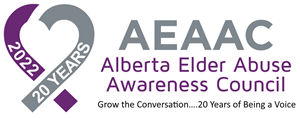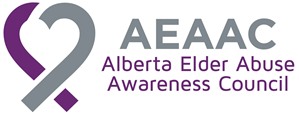Elder abuse does not discriminate. It exists in all communities and is present in all cultural, racial, class, socio-economic and religious groups. However, there are added challenges and barriers to escaping elder abuse for individuals who, for cultural reasons, can be marginalized from mainstream society. Reasons for marginalization include:
Source: Abuse in Ethno-cultural & New Immigrant Communities – Department of Community Service Government of Nova Scotia
Language Barriers
An inability to communicate in the dominate language could leave a senior especially defenseless against abuse and exploitation. Language barriers can augment both dependence and isolation, making disclosure much more difficult and obtaining access to services significantly more challenging.Social Isolation
Ethno-cultural seniors can find themselves socially isolated resulting from language barriers, physical limitations or unfamiliarity with surrounding communities. This sense of isolation heightens their vulnerability to abuse. The absence of a social network can also make abuse easier to hide and seniors in this group are much less likely to have the social confidence or connection to seek the help they need.Financially Dependant
Some ethno-cultural seniors lack a livable savings or a pension. As a result, it is easy for them to become financially dependent on their children or caregivers. The result is an increased risk for potential neglect or exploitation.Emotionally Dependant
Ethno-cultural seniors may be particularly at risk of becoming emotionally dependent on those closest to them. Family members or caregivers can manipulate this relationship with threats such as withdrawing sponsorship. Fear of abandonment, deportation and institutionalization can become enormous deterrents to disclosing abuse. These fears are often rooted in a lack of understanding of their legal and human rights or a fear of the Canadian Justice System.Cultural Factors
Cultural taboos against revealing "private" family issues can create barriers to escaping elder abuse. Almost all seniors are reluctant to 'bring shame' to their families, but certain ethno-cultural beliefs and values can make seniors feel bound to silence rather than reveal matters that might cause themselves or their family members shame or embarrassment.Source: Abuse in Ethno-cultural & New Immigrant Communities – Department of Community Service Government of Nova Scotia





